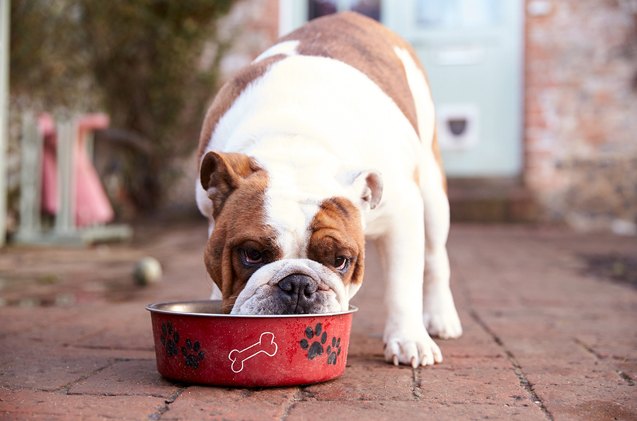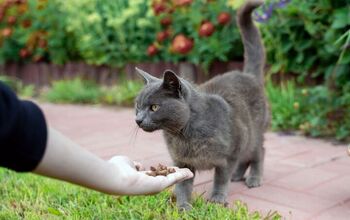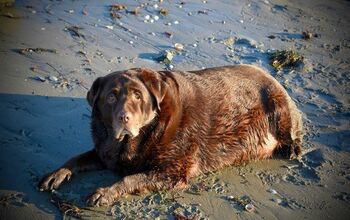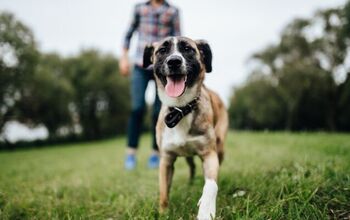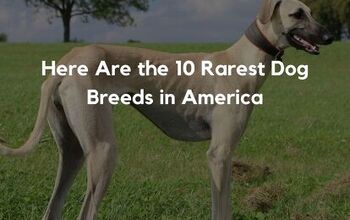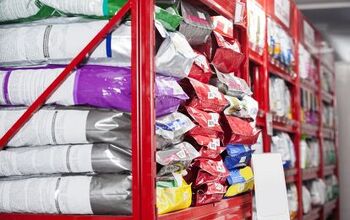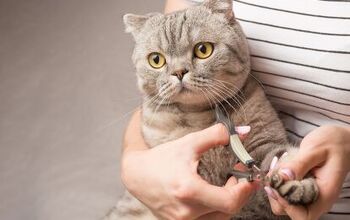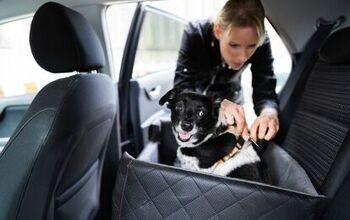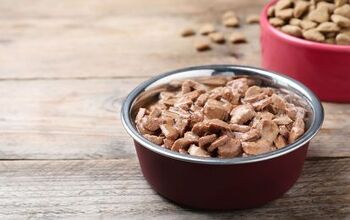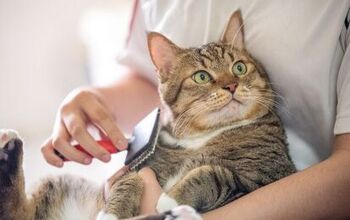Why Choosing Grain-Free Pet Food Isn’t Always the Healthiest Option
We all want the best for our pets, and what better way to look after their health than to buy them a really good pet food. One of the current trends in the pet food industry is grain-free food. When we see packaging labelled as being ‘free from’, we presume that something has been taken out because it was bad. No artificial flavors, colors, preservatives, it’s all stuff we don’t want. But how about food that’s ‘grain-free?’ Vets and researchers reckon that grains don’t cause any particular health issues.
According to clinical veterinary nutritionists at Tufts University, there is no proof that grain-free foods are any better for your pet that other foods. Some people believe that grains can cause an allergic reaction in dogs. However, it’s far more common for dogs to be allergic to certain types of meat or dairy products than grain.
Related: The Importance of Responsibly Sourced Ingredients in Pet Food
Many pet parents believe that these types of grain-free foods better mimic the natural diet of animals in the wild. However, the truth of the matter is that wild animals will eat what is available. Wild cats and dogs are far less likely to be healthy than our pets and they don’t live as long.
One argument is that dogs are descended from wolves, and wolves don’t tolerate starch very well. However, dogs are much different from wolves when it comes to their digestive system and they are pretty much fine with a diet that consists of up to 50% carbs.
The issue with the grain-free foods is that they are often higher in calories than their counterparts. This means, gram for gram, your pet is getting more calories with each meal. Unless you cut down on portion sizes when you switch to grain-free pet food, your pet could easily gain weight.
Related: Follow Ingredients From Farm to Bag With New Open Farm Dog Food App
So what should we feed our pets? What can we believe? I think it’s wise to take any claims on the packaging with a grain (get the pun!) of salt. If you have concerns about your pet and their diet then have a word with your vet. They will be able to recommend you a product that is best suited to the individual needs of your pet. Also, keep an eye on your pet. Which foods do they like? Which foods seem to leave them happy and healthy with a glossy coat and plenty of energy, without then piling on the weight? Let your dog’s health be the best indicator of what dog food works best for him.
[Source: The Denver Post]
More by Emily Hutchinson



